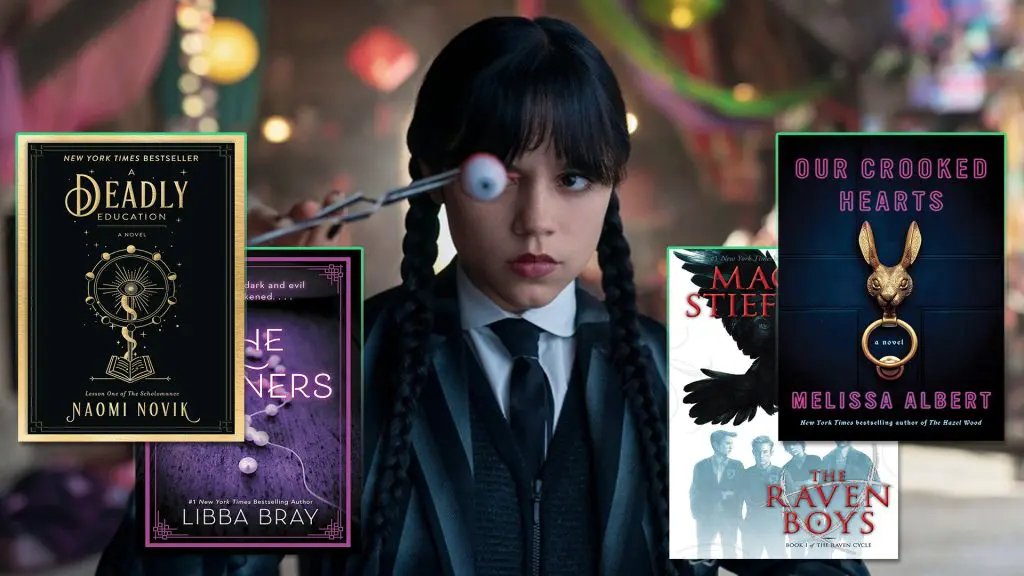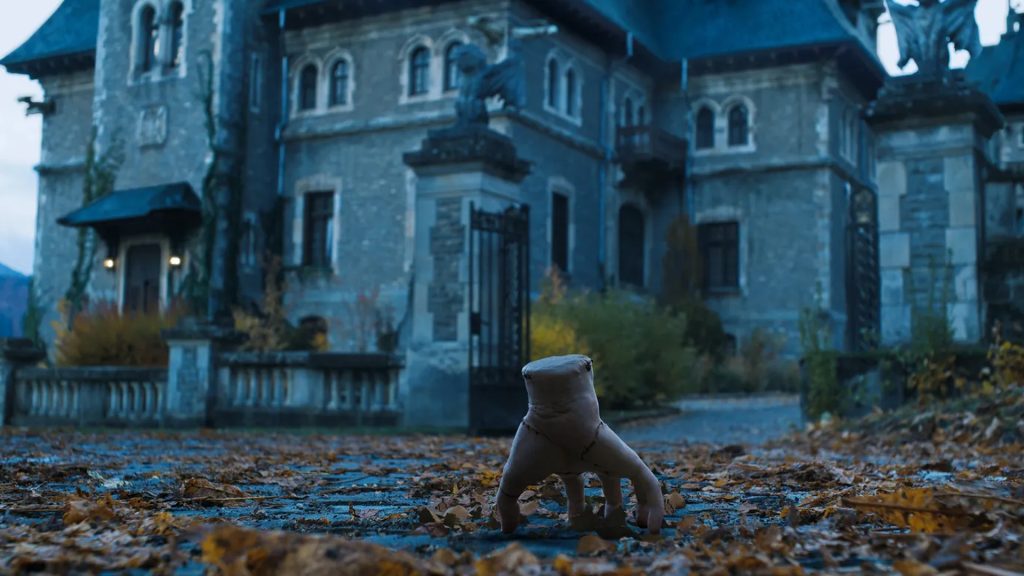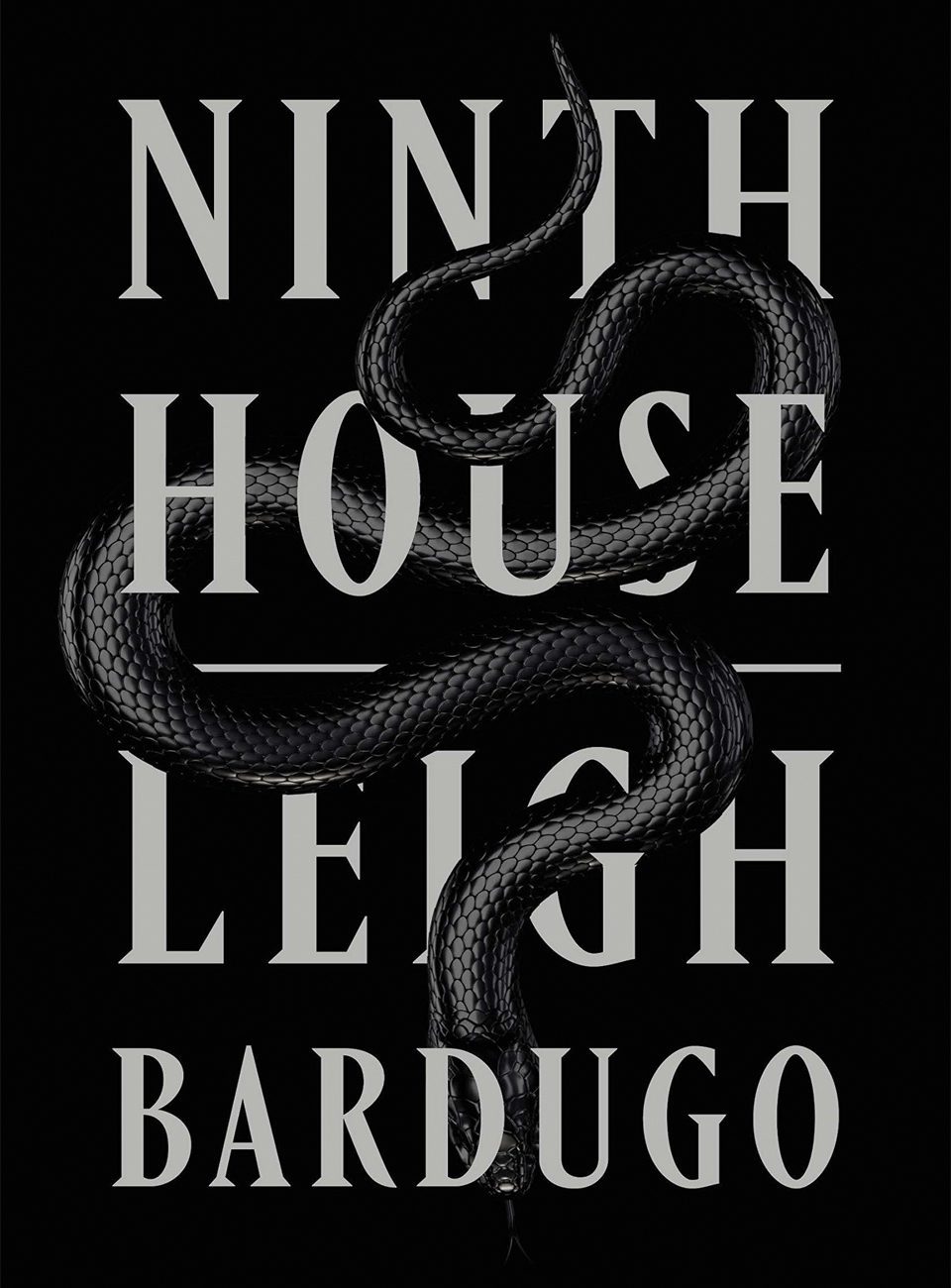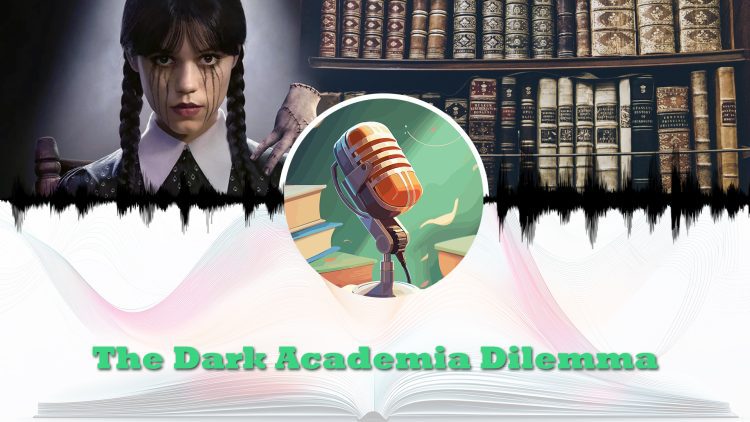We kicked off this Fully-Booked: Literary Podcast episode, chatting about how dark academia just naturally fits the start-of-fall, back-to-school season. There’s this nostalgic, almost magnetic pull toward school supplies and cozy, spooky stories, even if we’re in our 30s and haven’t set foot in a classroom in years.
It’s something about the mix of cooler weather, changing leaves, and that weird, inexplicable urge to buy new pens and notebooks.
The aesthetic of dark academia feels very “gothic sorcerer in a dusty library”, and we’re all in. Think moody campuses, worn-out copies of Poe’s collected works, and a touch of supernatural drama.
That’s what makes dark academia fun. But also, it’s important to recognize that it’s not just about spooky vibes; it’s about the whole aesthetic, the emotional tone, and yes, the setting.
And that’s where we hit our first question: Why are there so few film or TV adaptations of actual dark academia books?
Note
The following is an editorialized transcript of our weekly literary podcast. If you would like to listen to the podcast, click the play button above orlisten on your favorite platform with the links below.
Why Isn’t Dark Academia Making The Leap To The Screen?

So we started dissecting why dark academia books don’t seem to make it into film or TV as often as you’d expect, given the popularity of the genre. It’s not that the genre isn’t popular; it’s thriving in books, and there are plenty of shows and films that technically feel dark academia, even if they aren’t based on books.
Netflix’s Wednesday and The Order both have strong dark academia vibes, but they aren’t direct adaptations of any modern dark academia novels.
We wondered: Is it just hard to adapt these stories? Is it a lack of demand? We don’t think so.
The fan bases are there, and the aesthetic is recognizable. But maybe it’s the logistics. Or maybe it’s the tension between the genre’s romanticization of academic life and the need to make stories actually resonate on-screen.
Also, a big problem is that many of these shows or films that resemble dark academia aren’t really adaptations at all. Wednesday is fun, yes, but it’s pulling from a legacy comic strip, not a modern novel. And it’s evolved far from its original source material.
RelatedWhat Is Dark Academia And Why We Can’t Get Enough Of It?
Elitism, Diversity, And The Aesthetic Problem

We got into the heavier stuff, too, like how dark academia is often tied to prestige, elitism, and Eurocentrism.
The genre tends to revolve around elite schools, ivy-covered walls, and a very specific type of “genius outsider”, often a scholarship kid surrounded by wealthy, snotty classmates. We’ve all seen that trope.
The problem is, it creates a closed-off world that doesn’t offer a lot of room for diversity, whether racial, cultural, or socioeconomic.
We also talked about how this setup doesn’t leave much space for relatability. If all the characters are painfully pretentious, the audience stops caring.
And when adaptations can’t dive into internal monologues or subtle character work, things books do really well, then what’s left are just these arrogant, unlikable characters in cool coats, talking cryptically in candlelit corridors.
Then there’s the issue of how dark academia glamorizes school while ignoring the actual workload. It’s always ancient libraries and secrets, but never 30 hours of studying and mental burnout. There’s a weird juxtaposition in this genre: students navigating supernatural or secretive conspiracies while apparently never opening a textbook.
Enjoying this article?
Subscribe to our weekly newsletterToo Much Story, Too Little Time: Adaptation Overload

Another major issue we explored is how hard it is to compress the scope of these stories.
Most dark academia series are long, think trilogies or massive 10+ book sagas. If fans want a word-for-word adaptation (which they usually do), there’s no way to fit everything into a single film or even one season of TV.
But try condensing it, and the backlash is immediate: “Where’s my favorite subplot?” or “This isn’t how I pictured that character.”
Take Shadow and Bone as an example; it had to merge multiple books and arcs into a limited number of episodes. That’s the trend.
Studios want quick wins. They want the fandom and the hype without investing the time needed to build out a huge world faithfully.
We also pointed out the financial and logistical costs. You’ve got special effects, costumes, fantasy settings, and magical schools. That’s a big production budget.
And with streaming platforms canceling shows if they don’t hit certain numbers fast (The Waterfront being a great example), the risk is high. Why spend millions building out a universe when viewers might not binge it in 48 hours?
RelatedTop 6 Dark Academia Novels for the Spooky Scholar
Online Pressure And The Reluctance To Take Risks

We can’t ignore the social media factor. People are extremely vocal online. And creators get dragged for the tiniest things. Shirin mentioned how Ali Hazelwood was bullied off social media just for saying she preferred Jacob over Edward. That’s wild.
It’s created an environment where studios and authors alike are scared to take chances. They don’t want to get things wrong. Fan bases are passionate, and sometimes, frankly, unhinged.
You mess up one costume, and suddenly there’s a weeklong boycott.
This is why we think studios lean into remakes and reboots (Parent Trap again? Really?) instead of adapting newer material. There’s less risk. They already know there’s an audience and a proven formula.
Meanwhile, truly creative, newer stories get shelved.
As much as we love dark academia, it’s a tough sell right now. You’re battling production costs, fan pressure, adaptation limitations, and industry fatigue all at once. And that’s before you even get into casting, script rewrites, or actor availability.
RelatedIf You Loved Wednesday, These Gothic YA Books Are Your Next Obsession
What’s Next For Dark Academia?

So what’s the future here? Honestly, we’re not seeing any major dark academia adaptations on the horizon.
That’s kind of wild, considering how popular books like The Atlas Six, Ninth House, or If We Were Villains are. Studios are scared of commitment, and this genre demands a lot of it. Long story arcs, complicated lore, and a deep emotional tone all of that takes time and investment.
We tossed around the idea that maybe the solution is animation. Imagine a high-quality adult animated series for one of these books. The budget would be smaller, the visual aesthetic could be more controlled, and the storytelling could get closer to the source material. Anime, especially, feels like it would fit the vibe perfectly.
And while that’s a long shot, we think it’s a route worth exploring. Because if these stories aren’t going to be told in live action, at least give them a shot in a format that might actually work.
We’re keeping our eyes on how this develops. And we’ll definitely keep the conversation going through September. We’re hoping for more dark academia stories that get the love and adaptations they deserve.




















